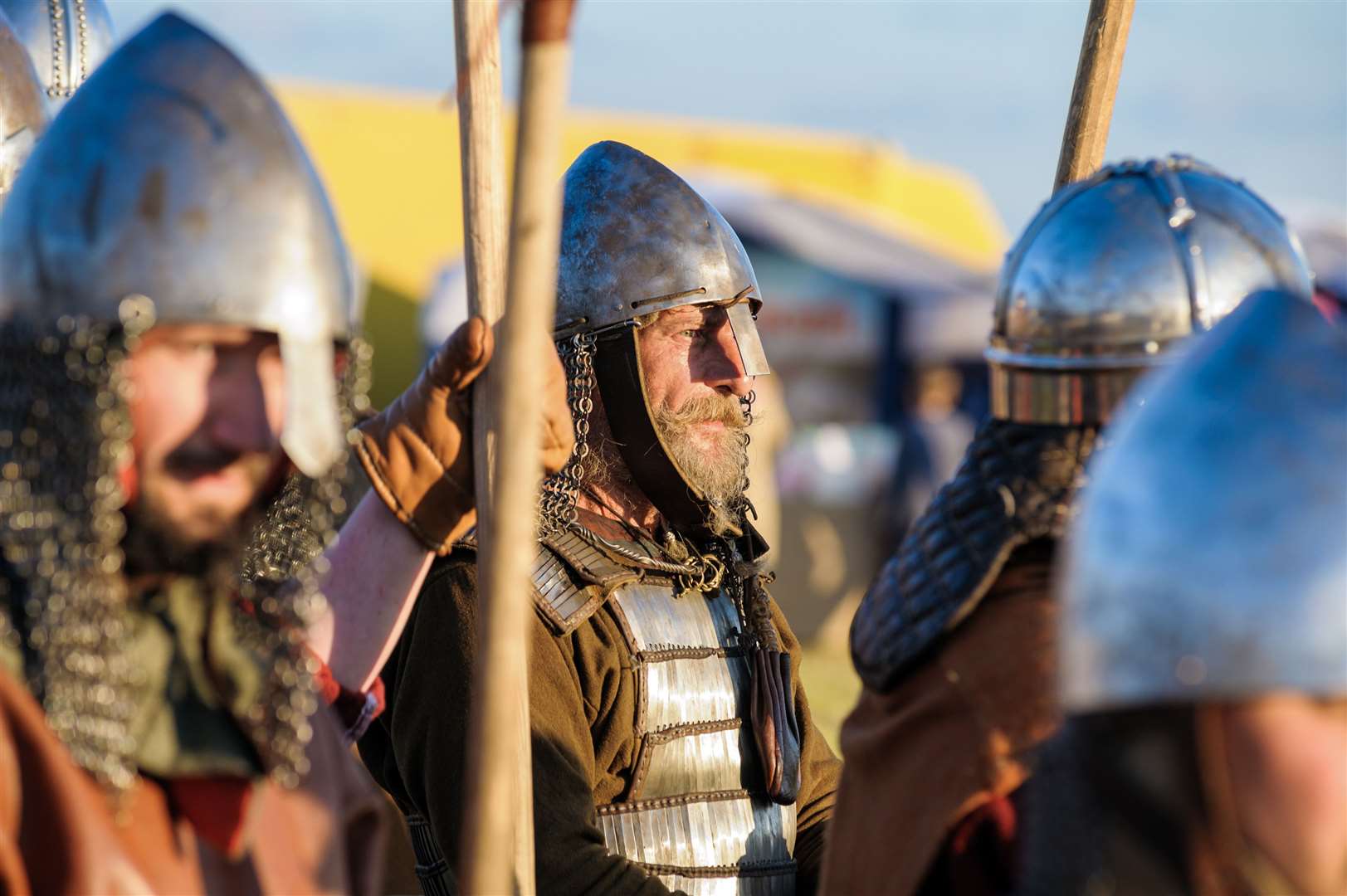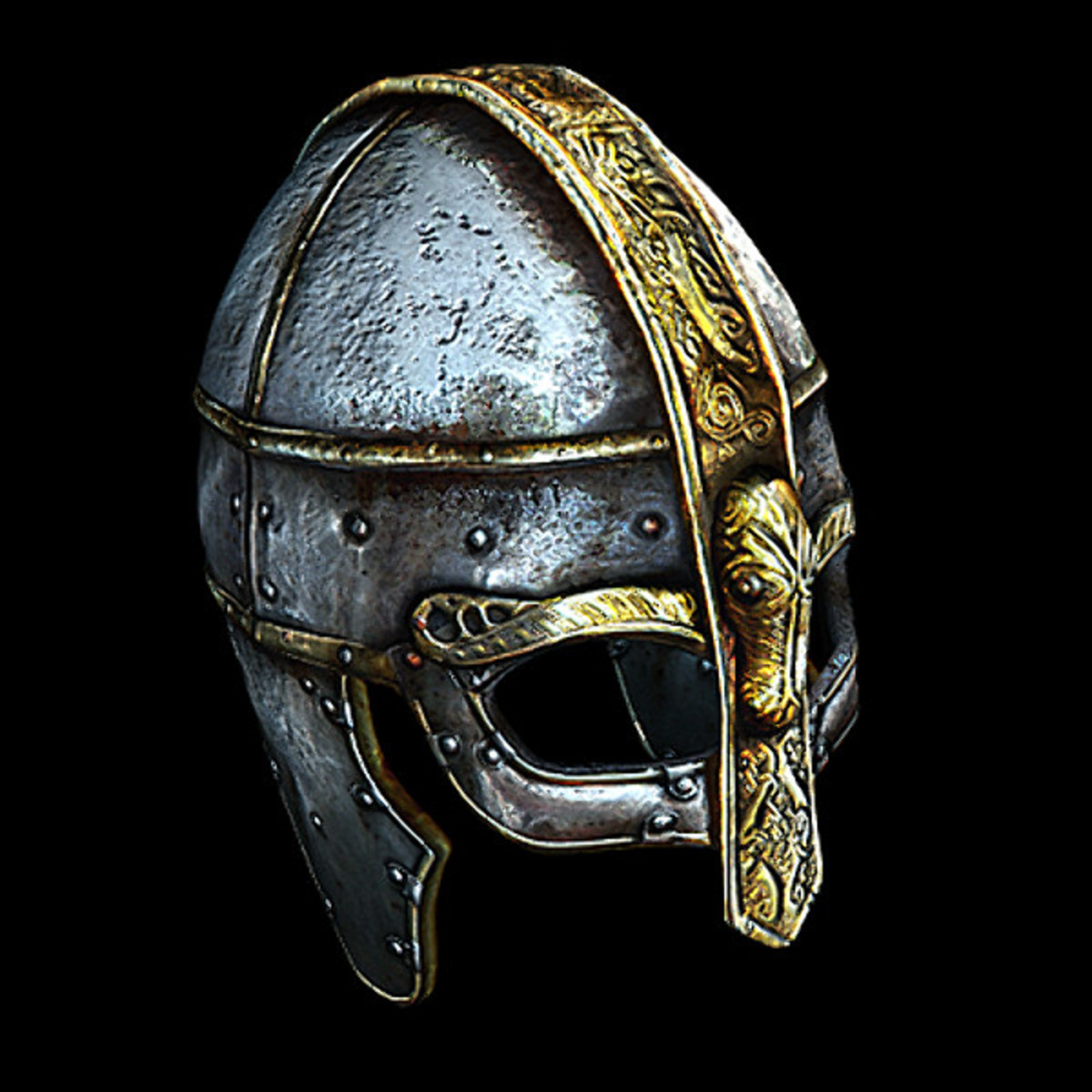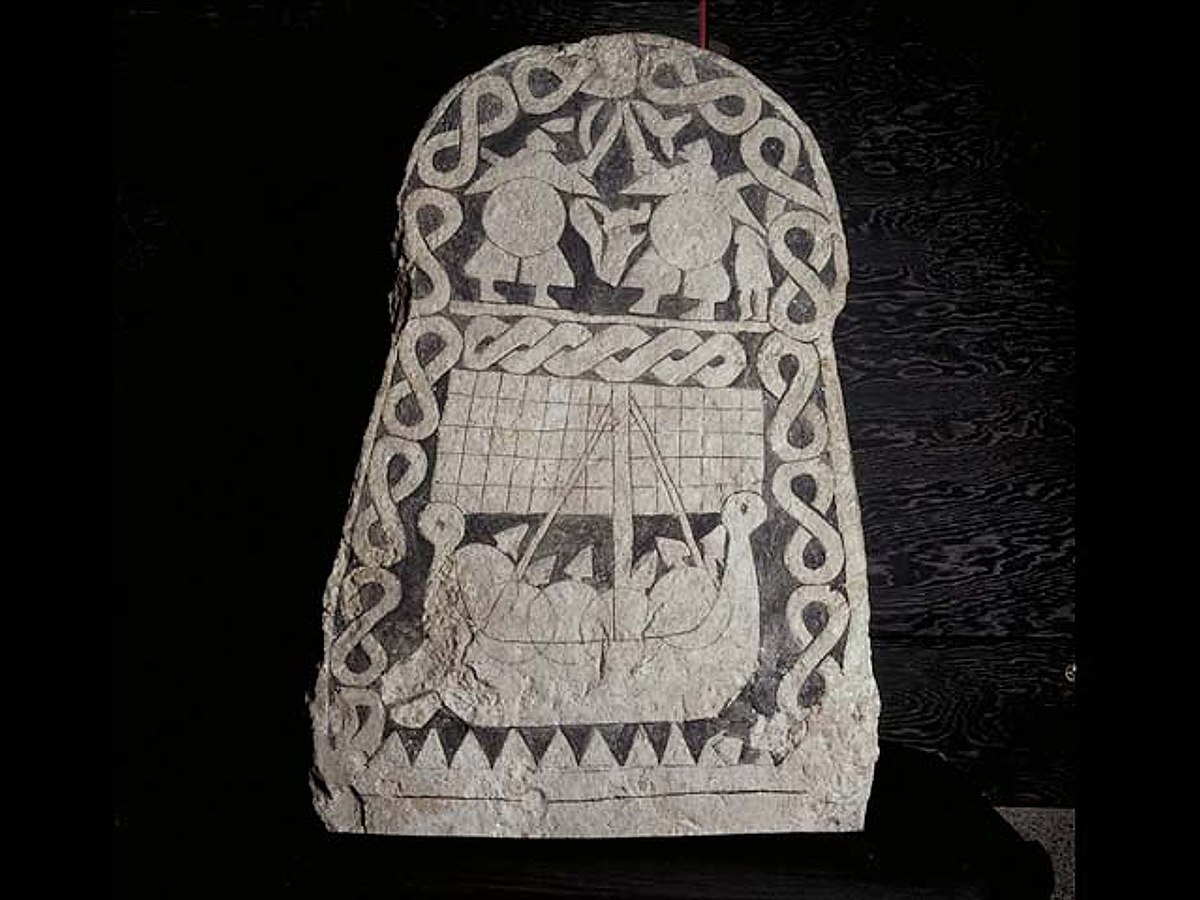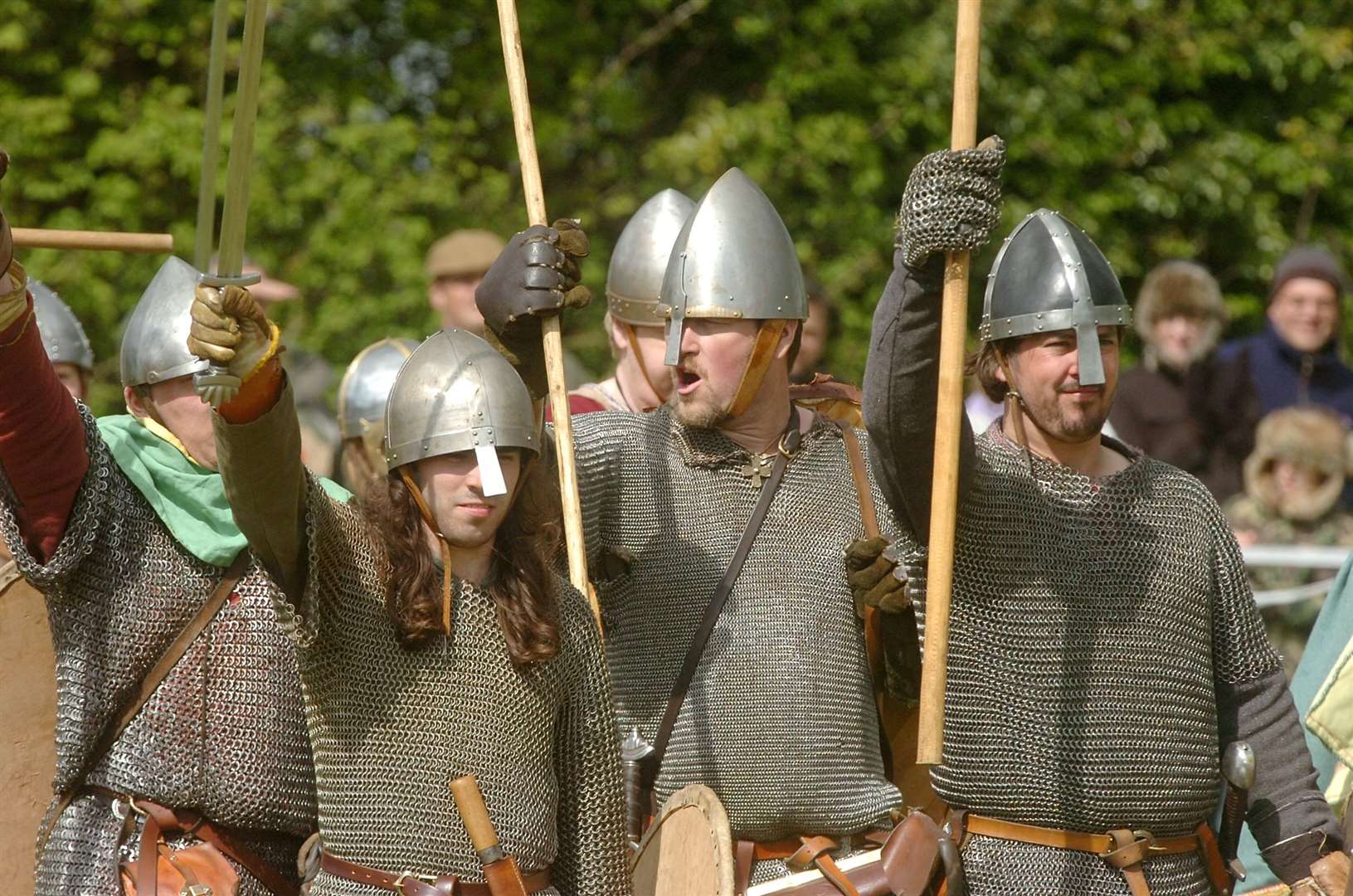
Have you ever paused to consider the profound impact that one individual can have on the trajectory of an entire nation? Allow me to introduce you to a truly remarkable figure in Danish history: **Absalon**. Born around the year 1128 in the small town of Fjenneslev, Denmark, Absalon was far more than just a bishop; he held the esteemed position of archbishop, and he was also a prominent statesman. His influence extended deeply into the political landscape of his time, as he served as a trusted adviser to two significant Danish kings, Valdemar I and Canute VI. Absalon’s life story is not merely one of religious devotion; it is a captivating narrative woven with themes of power, political maneuvering, and unwavering piety. His contributions to the church and the state helped shape the very foundations of Denmark during a pivotal period in its history, making him a figure of immense importance whose legacy continues to resonate through the ages.
Early Life and Background

Roots in Zealand
Absalon was born into a prominent and influential family in Zealand, a background that would significantly shape his future endeavors and impact on Danish society. From a young age, he developed a strong bond with Valdemar I, a friendship that would later become instrumental in his political journey. The idea of having a childhood companion who ascends to the throne is quite remarkable; it creates a dynamic partnership that could alter the course of history. Together, they would navigate the complexities of governance and power, establishing a legacy that would resonate through the ages.
Becoming Bishop of Roskilde
In the year 1158, Absalon achieved a significant milestone in his career when he was appointed as the Bishop of Roskilde. This position was far more than a mere ecclesiastical title; it served as a crucial stepping stone that propelled him into the upper echelons of power within the kingdom. As the king’s most trusted adviser, Absalon wielded considerable influence and played a key role in shaping the political landscape of Denmark during a transformative period. His dual identity as both a religious leader and a political strategist allowed him to navigate the intricate interplay between church and state, solidifying his status as a formidable figure in Danish history.
Political Maneuvering and Alliances

Alliance with Frederick I Barbarossa
In the early stages of his political career, Absalon demonstrated remarkable foresight by backing King Valdemar’s alliance with Frederick I Barbarossa, the Holy Roman Emperor, in opposition to Pope Alexander III. This decision was fraught with risk, as it placed Denmark in a precarious position within the broader context of European politics. However, Absalon’s support for this alliance highlighted his exceptional political acumen and strategic thinking. He recognized that forging strong alliances was crucial for maintaining and consolidating power, especially in an era marked by shifting loyalties and rivalries among the nobility and the Church.
Reconciliation with the Pope
By the year 1167, a significant transformation occurred when Absalon and King Valdemar managed to reconcile with the Pope, marking a pivotal moment in Danish history. This reconciliation was not merely a diplomatic gesture; it represented a strategic maneuver that allowed Denmark to enhance its standing in the complex tapestry of European politics. By turning a potential adversary into a powerful ally, Absalon showcased his ability to navigate the intricate web of alliances and enmities. This shift not only solidified Denmark’s influence but also opened new avenues for cooperation and support from the Papacy, ultimately benefiting the kingdom in its quest for stability and prosperity.
Military Campaigns and Territorial Expansion

Ending the Wend Threat
In the year 1169, the Danish leader Absalon spearheaded a significant military campaign aimed at neutralizing the threat posed by the Wends, a group that had been endangering Danish shipping routes and maritime commerce. His strategic and well-executed assault on the Wend stronghold of Rügen proved to be a pivotal moment in Danish history. The successful capture of this key location not only ensured the safety of Danish waters but also marked the beginning of a period of dominance for Denmark in the northern German territories. This victory was instrumental in establishing Danish influence and control over the region, allowing for greater security and prosperity.
The Significance of Rügen
By incorporating Rügen into Absalon’s diocese of Roskilde, he made a calculated decision that further cemented Danish authority in the area. This move can be likened to claiming the high ground in a strategic game of chess; once you secure that advantageous position, it becomes exceedingly difficult for your opponent to mount a successful counterattack. The integration of Rügen into the Danish realm not only fortified their defenses but also facilitated the expansion of trade and cultural exchange in the region.
Founding Copenhagen
During this transformative period, Absalon also took the initiative to oversee the construction of a fortress at a location known as Havn. This fortress would eventually evolve into what we now recognize as modern-day Copenhagen. The establishment of this city was crucial, as it would grow to become a vital center for trade, politics, and cultural exchange in Denmark. The foundations laid during Absalon’s time would pave the way for Copenhagen to flourish into one of the most important cities in Scandinavia, shaping the future of the region for centuries to come.
Religious Influence and Canonization

Advocating for Canute Lavard’s Canonization
Absalon was a key advocate for the canonization of Canute Lavard, Valdemar’s father. This act not only honored Canute but also reinforced the legitimacy of the Valdemar dynasty. It’s like giving a royal stamp of approval that echoes through history.
Coronation of Canute VI
In 1170, Absalon played a crucial role in the coronation of Canute VI as joint king. This event established the hereditary rights of the Valdemar dynasty, ensuring stability in the kingdom. Think of it as laying down the foundation for a strong dynasty—one that would last for generations.
Archbishop of Lund: A New Chapter

Election as Archbishop
In 1177, Absalon was elected as the Archbishop of Lund. This position elevated his influence, allowing him to guide the church and the state simultaneously. It’s like being the captain of two ships—navigating both religious and political waters.
Guardian of Canute VI
As the guardian of Canute VI, Absalon helped the young king assert his independence from Frederick I. This was a delicate balancing act, but Absalon was up to the challenge. He understood that a strong king meant a strong Denmark.
Expanding Danish Control

The Baltic Expedition of 1184
In 1184, Absalon led an expedition to the southern Baltic coast, which resulted in Danish control over Pomerania and Mecklenburg. This expansion was crucial for Denmark’s influence in the region. It’s like planting flags on new territories—each one representing power and prestige.
Return to Church Duties
After his military campaigns, Absalon returned to his church duties. He balanced his roles as a military leader and a spiritual guide, showcasing his versatility. It’s a bit like being a superhero—fighting battles by day and offering guidance by night.
Legacy of Absalon

A Lasting Impact on Denmark
Absalon passed away on March 21, 1201, but his legacy lived on. His contributions to Danish politics, military strategy, and the church shaped the future of Denmark. He is often remembered as one of the most influential figures in Danish history.
Influence on Modern Denmark
Today, Absalon’s legacy can still be felt in Denmark. From the city of Copenhagen to the historical narratives of Danish kings, his impact is woven into the fabric of the nation. It’s like planting seeds that grow into a mighty oak tree—strong and enduring.

In conclusion, Absalon was more than just an archbishop; he was a statesman, a military leader, and a visionary. His life story is a testament to the power of friendship, strategy, and faith. So, the next time you think about Denmark’s history, remember the name Absalon—a man who shaped a nation.
| Year | Event |
|---|---|
| 1128 | Birth of Absalon |
| 1158 | Appointed Bishop of Roskilde |
| 1169 | Campaign against the Wends |
| 1170 | Coronation of Canute VI |
| 1177 | Elected Archbishop of Lund |
| 1184 | Expedition to the southern Baltic coast |
| 1201 | Death of Absalon |

